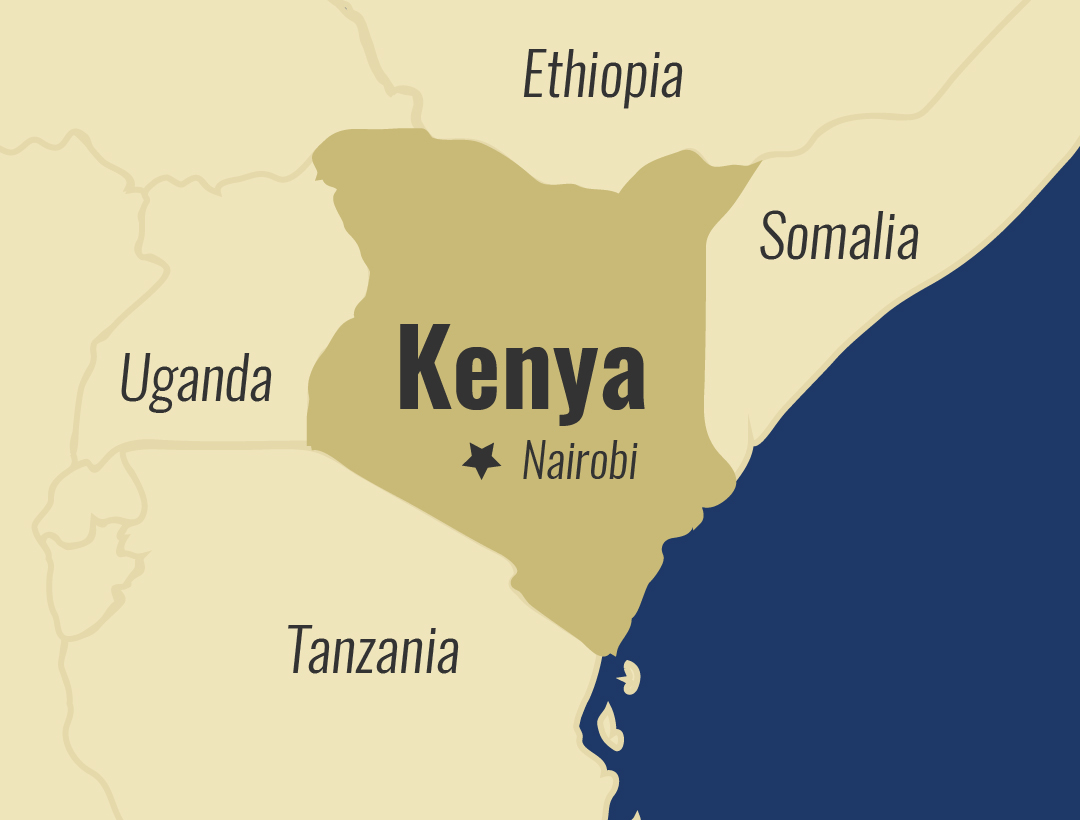
Kenya pledges investment in adult literacy programs
Kenya will increase funding towards adult literacy programs amid a temporary pause occasioned by COVID-19 disruptions, an official said on Friday during an event to mark International Literacy Day.
George Magoha, cabinet secretary in the Ministry of Education, said that eliminating adult illiteracy is key to realizing inclusive growth and cohesion in the country.
“The government has given priority to adequate financing of adult learning programs in order to realize better social and economic outcomes for the country,” said Magoha.
Kenya joined the rest of the world to mark this year’s edition of International Literacy Day whose theme was “Literacy teaching and Learning in the COVID-19 crisis and beyond”.
Magoha said that improving reading and numeracy skills of the adult population will boost the implementation of public health guidelines meant to curb the spread of the virus.
“The public health crisis COVID-19 has created has reawakened the thinking about the critical role adult literacy and education can play in fighting the pandemic,” said Magoha.
He said that improving literacy levels of adults will hasten the implementation of community-based learning for children and youth amid extended schools closure occasioned by the pandemic.
Kenya’s population and housing census report of 2019 revealed that 15.7 percent of citizens have never enrolled in a learning institution while 16.3 percent dropped out of school to engage in casual labour.
“This significant population that lacks reading, writing and arithmetic skills is a cause for concern hence the need for robust and well-funded continuous learning opportunities for adults in the country,” said Magoha.
He said that eliminating illiteracy among adults will boost economic growth, innovation and disease control in the country.
Magoha said the ministry of education has established 246 adult secondary schools, 763 adult primary schools and 234 community learning resource centers amid the quest to provide the older generation with vocational skills.
“We are also reforming the adult and continuing education curriculum to align it to the competency-based curriculum and address the holistic needs of learners,” said Magoha






